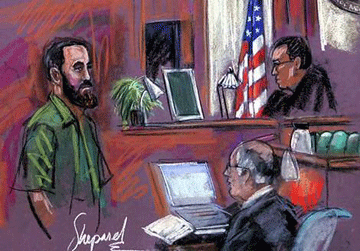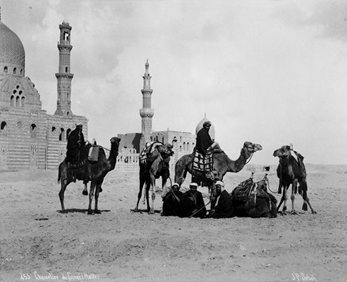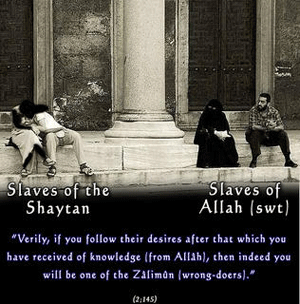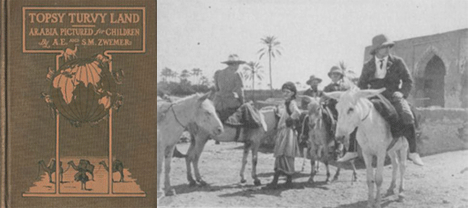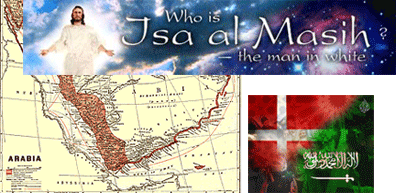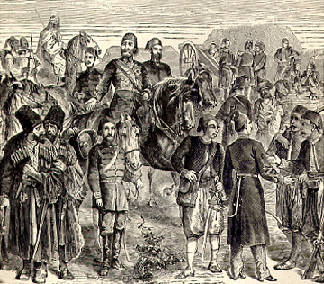
How will the history of the world be written in another century? I am glad I will not be around to find out, although I suspect future historians will look at the post-9/11 operations at home on the patriot front and abroad with patriot missiles as a low point in America’s future past. We can always look back and see how history was written a century ago. Here is a passage from a popular “History of the World” by John Clarke Ridpath, who penned it near the end of the 19th century. Although dated in its racial and ethnocentric overtones, it is refreshing to see some critical assessment on Western stereotypes at work as well. As an exercise, read the excerpt below to sort out the prejudice from the attempt, even if not up to present-day standards, to be less rather than more subjective.
Some allowance, however, must be made for the judgment which the Western peoples have passed upon the Turks. There is no denying the fact that a part of this judgment is prejudiced. The Aryan races have always shown a disposition to reject and contemn those usages with which they themselves are unfamiliar. They have done so. Not because the usages in question have contradicted the laws of right reason, the interests of the state, of the principles of morality, but simply because such facts have been strange, unfamiliar. The intolerance of the Western people in this respect has been as severe and inexcusable as many of the usages which they have contemned and despised. Continue reading History in Century Hindsight
